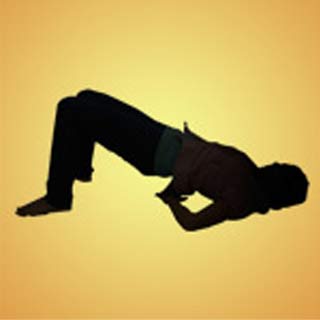
As per the reports, IVIg may treat specific neuromuscular disorders quite effectively. Evidences show that this form of therapy works towards treating conditions like chronic inflammatory demyelinating polyneuropathy (CIDP) and Guillain-Barré syndrome (GBS) in grown-up people. The beneficial effects also seemed to be sustained in the long run.
But, in case of severe kinds of multifocal motor neuropathy and myasthenia gravis, the results were rather mediocre. Nevertheless, IVIg appeared to be advantageous in treating other forms of neuropathy too. Diseases like Lambert-Eaton myasthenic syndrome and nonresponsive dermatomyositis may also be treatable by this kind of treatment.
However, further trials are required to gauge if IVIg could treat other disorders such as Miller Fisher syndrome, IgM paraprotein-associated neuropathy, diabetic radiculoplexoneuropathy, inclusion body myositis and inclusion body myositis. Professionals are also not clear if this treatment may be used as a regular form of remedy for postpolio syndrome.
CIDP patients generally face plasma exchange for treatment of their condition. However, it cannot still be affirmed if IVIg is better than plasma exchange for treatment of CIDP. Though adults suffering from GBS apparently benefited from IVIg treatment, scientists are still clueless if the same is true for kids. Though, they believe it is safe for an assumption.
Many individuals were seemingly able to withstand IVIg therapy with renal failure and hypercoagulability occurring rarely. The study titled’ Evidence-based Guideline: IV Immunoglobulin in the Treatment of Neuromuscular Disorders’ is published in the March 27 issue of the journal, Neurology.
